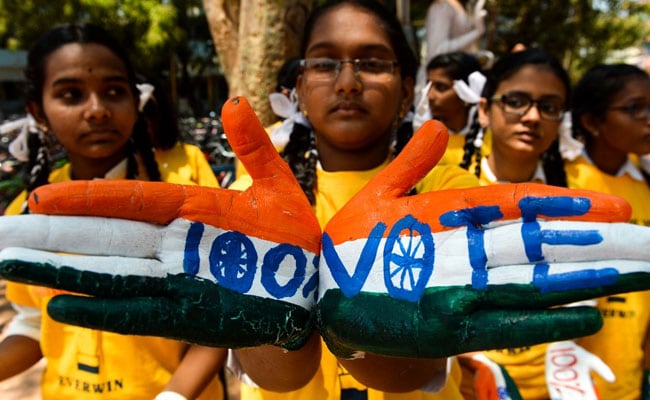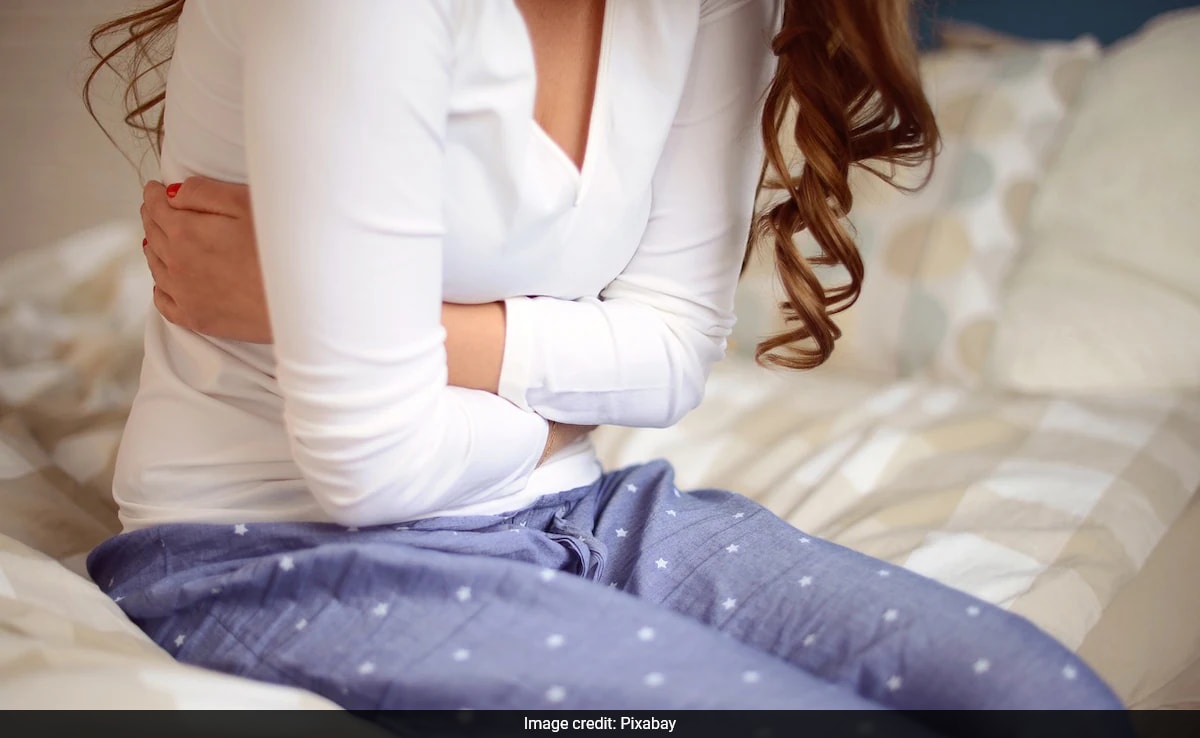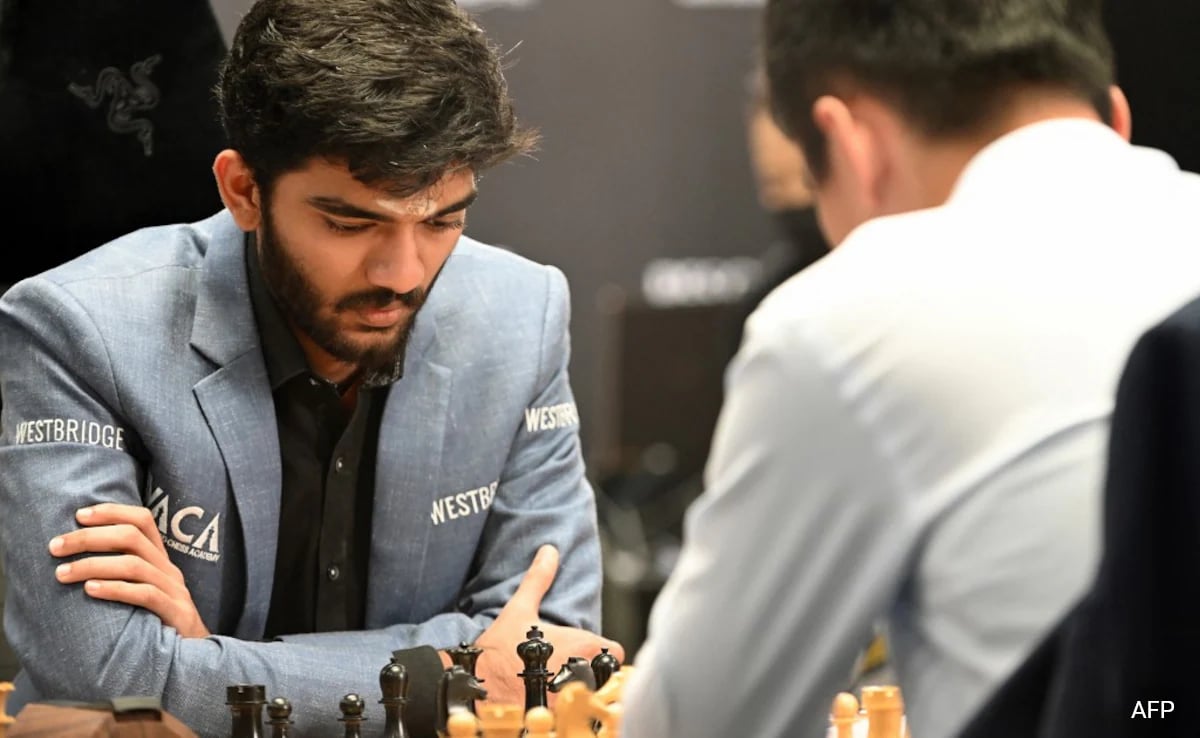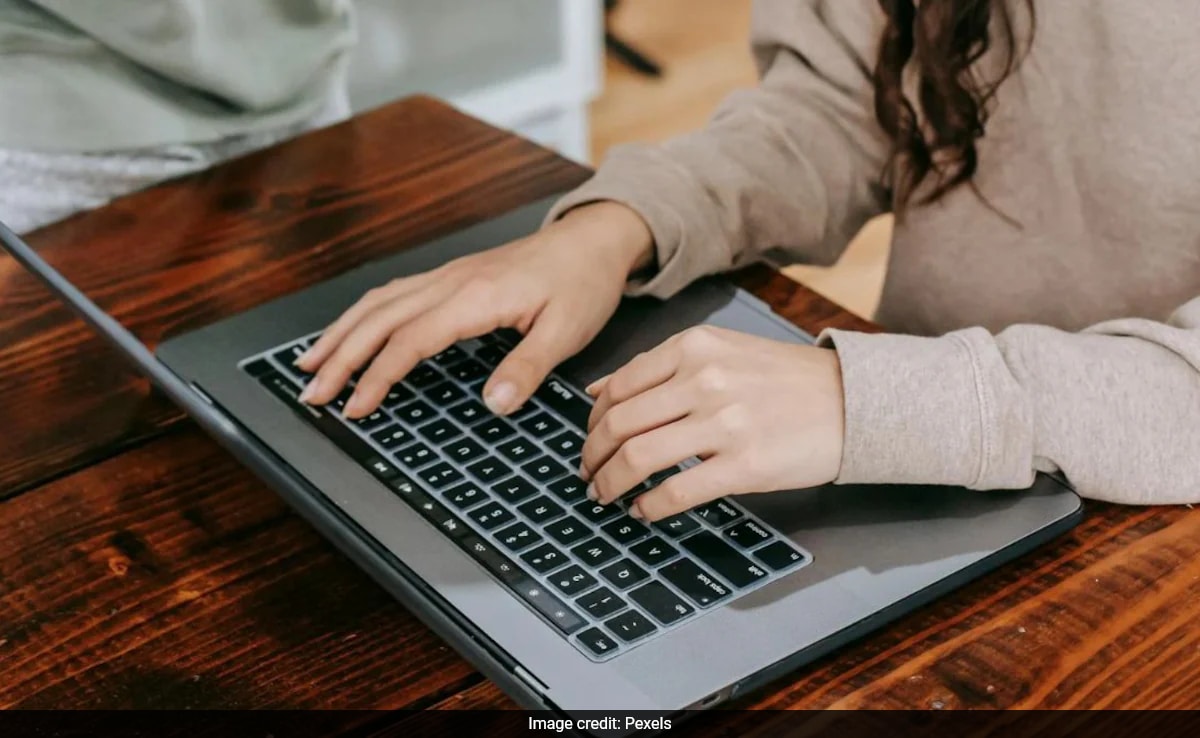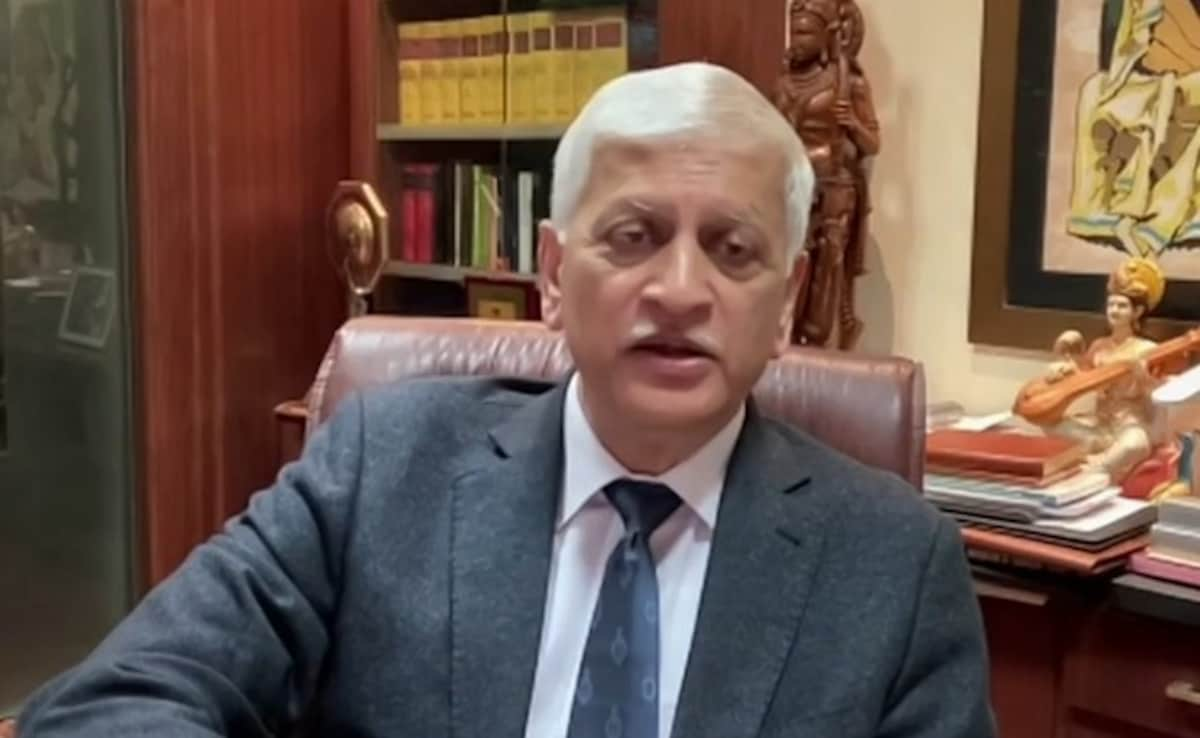The Union Cabinet has cleared two bills required to implement the ‘one nation, one election‘ proposal – which proposes simultaneous Lok Sabha and Assembly elections and, at a later stage, municipal polls too – sources told NDTV Thursday afternoon. These bills – which look to amend sections of the Constitution – will likely be introduced in the ongoing Winter Session of Parliament, sources added.
The bills were cleared at a meeting chaired by Prime Minister Narendra Modi.
Among those approved was an amendment to Article 82, which deals with state-wise allocation of Lok Sabha seats, and division of states into territorial constituencies, after each national census.
Two bills will alter the duration and dissolution of the Lok Sabha and state legislative assemblies.
A second amendment relates to linking tenures of the Lok Sabha and state Assemblies, while there will also be changes to provisions in three laws, each looking to align the legislative assemblies of three union territories – Puducherry, Delhi, and Jammu and Kashmir – with those of states and the Lok Sabha.
These are not expected to require ratification by at least 50 per cent of the states, sources said.
However, any move to hold local body polls with those for the Lok Sabha and state assemblies will require ratification by at least 50 per cent of the latter, as it deals with matters relating to state affairs.
NDTV Explains | ‘One Nation, One Election’. What Is It And How It Can Work
Legal experts have warned that failure to do so will leave the proposal open to attack on charges of violating India’s federal structure.
What Does Opposition Say?
Bengal Chief Minister Mamata Banerjee slammed the “anti-federal” exercise and labelled it “an authoritarian imposition designed to undermine India’s democracy and federal structure”.
READ | “Must Save Democracy”: Mamata, Opposition Hit Out
She joined in her condemnation by her Tamil Nadu counterpart, MK Stalin, who called it “anti-democratic”. The Congress, Uddhav Thackeray’s Shiv Sena, and Arvind Kejriwal’s AAP also spoke out.
The Kovind Panel Report
On Wednesday former President Ram Nath Kovind, who leads the panel tasked with making ‘one nation, one election’ a reality – called on the government and the states to build a consensus. “This issue is not in the interest of any one party… but the nation. It will be a game-changer,” he said.
Economists consulted had predicted a 1 to 1.5 per cent boost in GDP, he declared.
In September the Cabinet had cleared the Kovind panel’s report.
READ | “Unanimous… Need Simultaneous Polls”: NDTV Accesses Report
The panel – which includes Home Minister Amit Shah and Law Minister Arjun Ram Meghwal as members – had said “there is unanimous opinion that simultaneous polls should be held”.
READ | In Big Step For Simultaneous Polls, 1 Nation, 1 Election’ Cleared
Simultaneous polls will “transform the electoral process (and) governance” and “optimise scarce resources”, the panel had said, noting that 32 parties and prominent judicial figures, including former Supreme Court Chief Justices and High Court judges, had backed this measure.
Among the advantages claimed were that it makes the electoral process easier, and that synchronising will also boost economic growth; the argument was that a single round of elections will allow businesses and corporate firms to take decisions without fear of adverse policy changes.
The ‘one nation, one election’ push will also “prevent policy paralysis”, and do away with the “atmosphere of uncertainty” due to frequent elections, the government had in turn argued.
Challenges To ‘One Nation, One Election’
Apart from syncing electoral cycles with minimum disruption to governance (and ensuring all political parties are onboard), there is still no real clarity on how to deal with breaks due to dissolution of Houses, President’s Rule, or even a hung Assembly or Parliament.
NDTV Explains | ‘One Nation, One Election’. What Are Pros And Cons?
Regional parties have also pointed out their limited resources means they may not be able to spotlight local issues to voters, as effectively as they might, in the face of better-funded parties trying to grab attention for the Lok Sabha election.
READ | Rs 10,000 Crore Every 15 Years – Cost Of One Nation, One Election
Another area of concern is the recurring cost of procuring EVMS, or electronic voting machines. This, the poll panel has said, will be nearly Rs 10,000 crore every 15 years.
What Does The Public Say?
The ‘One Nation, One Election’ panel received nearly 21,000 suggestions from the public, of which over 81 per cent were in favour, news agency PTI said in January.
With input from agencies
NDTV is now available on WhatsApp channels. Click on the link to get all the latest updates from NDTV on your chat.









